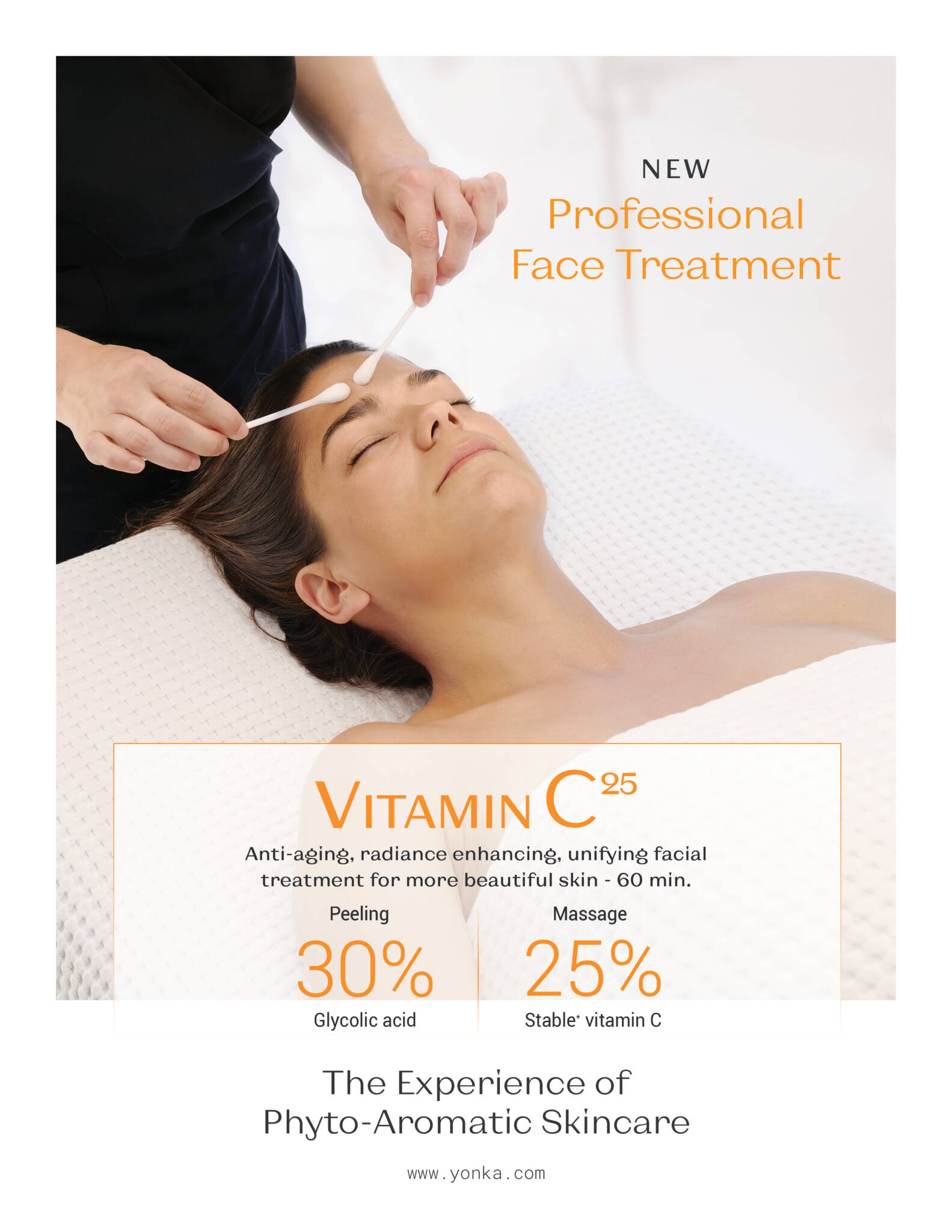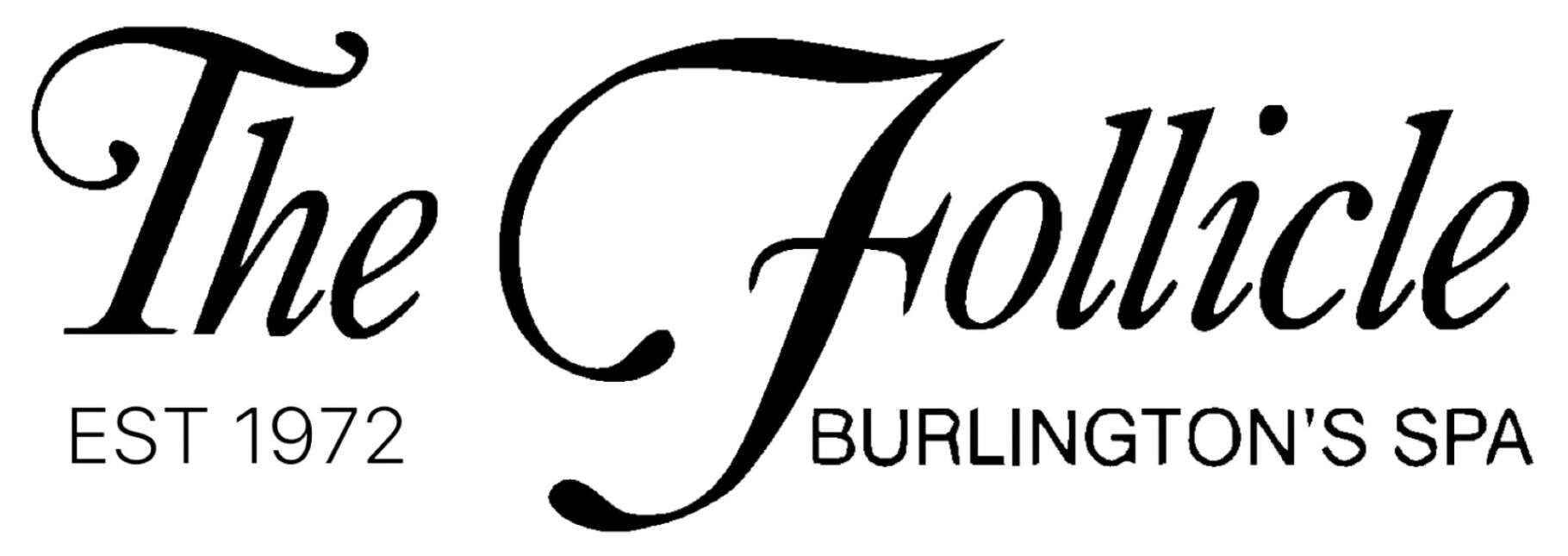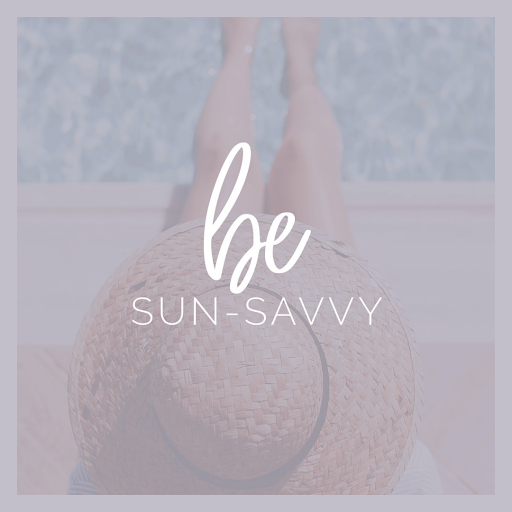It’s a common myth that using sunscreen blocks your body’s ability to produce vitamin D, but it’s simply not true, according to Dermatology experts – sunscreen application does not prevent vitamin D production in most people. It makes sense to think that if our bodies are built to make vitamin D from the sun, it’s best to get it as nature intended. However, the research to date states—and most skin care pros adamantly agree—that the risks of exposing the skin to UV rays far outweigh the risks of vitamin D deficiency, especially when we have other, safer ways to get adequate amounts.
So don’t skip the sunscreen (we love GM Collin SPF 60). Protect your skin from harmful UV rays and simultaneously maintain your body’s vitamin D levels.
☀️☀️ Healthy skin, happy you…
This post led me to research this myth, as this subject comes up frequently with my clients.
After reading numerous articles about Vitamin D and the sun, the medical profession agrees that daily sunscreen use is the best decision. Will you risk a vitamin D deficiency by doing so? It’s doubtful. The risk of skin cancer is much higher.
Given that most of us miss enough spots or under-apply our sunscreen, we will likely get our daily dose.
That led me to this article:
Excerpt from Blog: Surprising Vitamin D Myths and Facts: Written by Leigh-Anne Wooten
Exposing Skin to Daily Sunlight Is the Best Way to Get Vitamin D
Myth! It makes sense to think that if our bodies are built to make vitamin D from the sun, it’s best to get it the way nature intended. However, the research to date states—and most skin care pros adamantly agree—that the risks of exposing the skin to UV rays far outweigh the risks of vitamin D deficiency, especially when we have other, safer ways to get adequate amounts.
Furthermore, the amount of vitamin D that our skin can make is directly related to the time of year and latitude of where we live. For example, if you live in the northern U.S., above 37˚ latitude, your skin probably won’t be able to produce enough vitamin D, especially during winter. That line cuts around the northern state line of North Carolina and then straight west across the country.
For those who have darker skin tones, it’s even harder to produce enough vitamin D from sunlight alone. So, for at least half of the country, we couldn’t get enough of the sunshine vitamin from the sun even if we wanted to!
To read more of this article follow this link: https://www.wellspa360.com/wellness/health/article/22864731/surprising-vitamin-d-myths-and-facts


After reading the article, I started to think about pigmentation caused by sun damage. Another popular topic this time of year.
Many of us are seeing the effects of sun damage as we age and want to know what treatments are best, as well as home care, i.e. sunscreen (chemical vs. mineral), brightening products, and preventive care.
First, let me say there is no quick fix for sun damage. Most of it was caused by sun exposure in our youth.
Second, no facial treatment will make it go away in one treatment or even a series. Can pigmentation be lightened over time? Yes. You must be dedicated and patient with your skincare routine in the spa and at home. Professional treatments in a spa can undoubtedly help; light-based therapy provided by dermatologists can also make a difference, but even that will require a series of treatments and possibly follow-up treatments as time goes on. When it comes to spa treatments, we will consult with you on the best treatments to target existing pigmentation and how to prevent future sun damage.
Pigmentation is many people’s nemesis this time of year; you’re not alone. We don’t think of it as often through the winter as often our skin will naturally lighten due to less sun exposure. We are outdoors more this time of year, so it’s normal to see freckles and pigmentation start to show up. By applying sunscreen every day, you are preventing and protecting your skin from future sun damage and aging.
We can help you decipher all the information about sunscreens, preventative care, treating sensitive skin with pigmentation, and more.
Consultations are free. We love to help.



